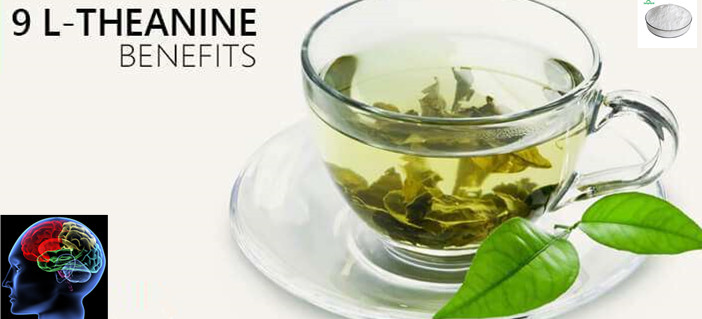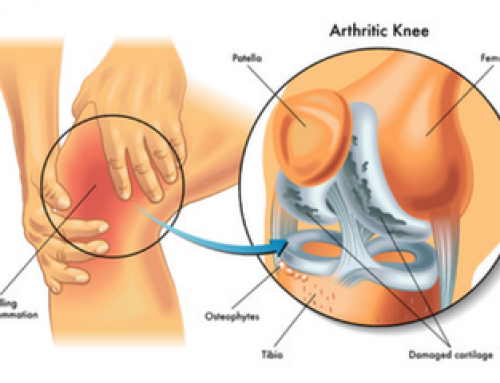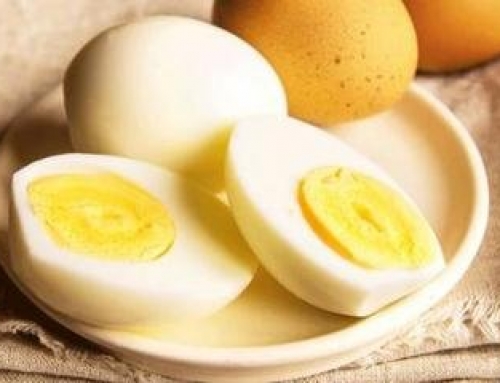L-Theanine
L-Theanine is a free amino acid unique to tea. Theanine is glutamic acid γ-ethyl amide and has a sweet taste. The content of theanine varies depending on the variety and location of the tea. Theanine accounts for 1%-2% of the weight of dry tea.
Most of the health food market is a variety of diseases for adults to prevent or improve. Health foods such as theanine, which have neither hypnosis nor fatigue, lower blood pressure and improve learning and memory, are rare and eye-catching. To this end, theanine was awarded the research department award at the International Food Materials Conference held in Germany in 1998.
Uses
Absorption and metabolism.
Oral theanine enters the human body and is absorbed through the intestinal brush border mucosa, enters the blood, is dispersed into the tissues and organs through the blood circulation, and part of it is discharged from the urine after the kidney is decomposed.
Regulates changes in the brain’s nerves to convey substances.
L-Theanine affects the metabolism and release of neurotransmitters such as dopamine in the brain, and the diseases of the brain controlled by these neurotransmitters may also be regulated or prevented.
Improve learning ability and memory.
In animal experiments, it was also found that rats taking theanine had better learning ability and memory than the control group. In the animal experiment, the mice were tested for learning ability after taking 3-4 months of theanine. The test results showed that the concentration of dopamine in the rats taking L-Theanine was high.
Sedative effect.
Caffeine is a well-known stimulant, but people feel relaxed, calm and comfortable when drinking tea. It has been confirmed that this is mainly the action of theanine.
Improve menstrual syndrome
The sedative effect of theanine makes people think that it has an improvement effect on menstrual syndrome, and the clinical trials of women have proved its effect.
Protect nerve cells.
L-Theanine can inhibit the death of nerve cells caused by transient cerebral ischemia and has a protective effect on nerve cells. The death of nerve cells is closely related to the stimulatory neurotransmitter glutamate.
Lower blood pressure.
In the animal test, the rats with hypertensive spontaneous disease were injected with L-Theanine, and the results showed that theanine had a hypotensive effect only on rats with hypertension. Theanine may act to lower blood pressure by regulating the concentration of nerve-transmitting substances in the brain.
As everyone knows, drinking tea has the effect of losing weight. Long-term drinking of tea makes people thin and removes human fat. In addition, it has also been found that L-Theanine has the functions of protecting the liver and resisting oxidation. The safety of theanine has also been proven.








Leave A Comment